How Many Calories Should I Eat 6 Weeks Pregnant
Being pregnant comes with handling a lot of physical and emotional changes. A pregnant woman becomes more sensitive to smell, has food aversions and cravings, an increased appetite, and may even gain weight. Along with all these changes, calorie intake is of great significance during pregnancy.
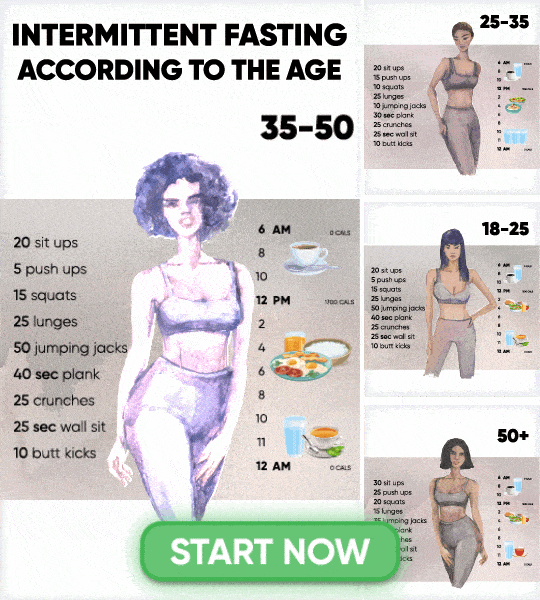
The most essential thing is eating a nutrient-dense diet. However, there are several myths about food intake, with the most popular being Eating for two. But how many Calories should a pregnant woman eat? We explore in-depth what the calorie intake of a pregnant woman should look like and why.
How Many Calories Should A Pregnant Woman Eat Per Day?
It is a common belief that a woman should drastically up her calorie intake during pregnancy as she is eating for two. But is it advisable to eat for two? Researchers maintain that most pregnant women should increase their calorie intake. The average calories per day a pregnant woman should eat is about 2,000 calories, which is enough to provide both the mother and her unborn baby the nutrients they require.
The amount of calories a pregnant woman should consume varies from one woman to another. Factors that influence food intake include the rate at which she puts on weight, age, BMI, and appetite. Pregnant women should consume nutrient-rich foods daily to ensure the baby's proper development.
Read More: Pregnancy Workout Plan: Safe Exercises For Each Trimester
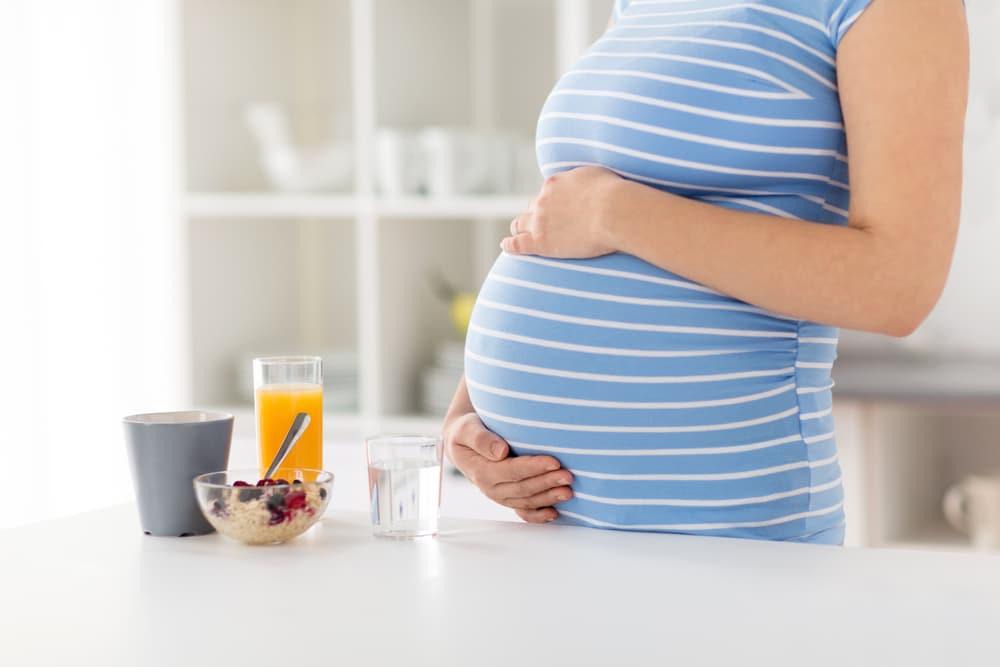
How Many Calories Should A Pregnant Woman Every Trimester
All pregnant women should focus on improving their diet quality and not spend too much energy worrying about increasing the exact number of calories they consume. So, how many calories should a pregnant woman eat in the first trimester? During the first 3 months of pregnancy, it is okay for a woman to maintain roughly her pre-pregnancy normal calorie intake.
However, as the pregnancy progresses into the 2nd and 3rd trimesters, she may need a few additional calories. How many calories should a pregnant woman eat a day throughout the trimesters? How many calories should a woman pregnant with twins eat? For most normal-weight pregnant women, healthy calorie intake is as below:
- First trimester: About 1800 calories per day as no extra calories are required.
- Second trimester: about 2,200 calories a day, or about 300 to 350 calories more than usual.
- Third trimester: About 2,400 calories per day or about 400 to 500 calories more than usual.
There are several exceptions, however. If a woman was underweight before pregnancy, she might probably need more calories. Also, if she is carrying twins or multiple children, she might need additional calories.
Research indicates that the risk of complications during pregnancy and delivery is lowest when weight gain is kept within a healthy bracket. Obesity puts a pregnant woman and their unborn children at risk as it increases the risk of cesarean delivery, gestational diabetes, gestational hypertension, and congenital defects.
Weight gain during pregnancy results from increased breast tissue, blood volume, fluid volume, and a growing fetus ( 17 ). In obese women, these accounts for the 11 to 20 pounds that they gain during pregnancy ( 16 ). Thus, pregnant women with obesity usually do not need to increase their calorie intake to have a healthy pregnancy. It is advised that they maintain their pre-pregnancy calorie intake unless otherwise recommended by their doctor.

How To Tell If You're Eating Enough?
It is essential to eat right during pregnancy and get about 30 minutes of exercise daily. There are, however, a few indications that a woman is not getting all the calories she needs for her pregnancy. Some eating patterns can compromise a fetus's development.
Weight gain nearly always happens during pregnancy. The amount of weight gain, however, varies. Below are the general healthy weight gain ranges during pregnancy with one baby based on the mother's pre-pregnancy weight status ( 12 )
- A normal healthy weight woman (BMI of 18.5 to 24.9) should gain about 11.5 to 16 kgs (25-35 lbs).
- An overweight woman (BMI of 25 to 29.9) should gain between 7 and 11.5 kgs (15-25 lbs).
- A woman who is obese (BMI greater than 30) should gain about 5 to 9 kgs (11-20 lbs).
- An underweight woman or woman with twins or multiples should gain about 12.5 to 18 kgs (28-40 lbs).
Loss of appetite is common during pregnancy, especially in the first trimester but may persist. Sometimes a pregnant woman may lose interest in eating some foods or lose the desire to eat altogether. Nausea, vomiting, mental health conditions, medications, and eating disorders such as bulimia and anorexia can affect appetite and food intake during pregnancy.
If you wish to free yourself from all the extra pounds that have been weighting you down for way too long, start using the BetterMe app and overhaul your entire life!

Loss Of Appetite And Undernutrition
The loss of appetite may result in undernutrition. Undernutrition can lead to pregnancy-related complications such as maternal weight loss, poor fetal growth, and low birth weight ( 10 ). Expectant mothers with chronically low appetite are also at risk of fetal growth defects, anemia, and preterm delivery ( 9 ). Therefore, you must eat enough food to maintain a healthy pregnancy and ensure the baby's proper development.
If you are not eating enough food you:
- May lose weight or register no weight gain.
- Have low energy levels.
- Feel fatigued faster than normal.
- Go without eating for over three hours or more.
In the case of chronic loss of appetite, you should see your doctor. There are, however, a few tricks you can try to deal with your poor appetite and ensure you get enough calories. Here's how you can meet your nutritional and energy needs during pregnancy:
- Drink plenty of water. You can substitute plain water for warm water with ginger or lemon or drink green tea. Consult your doctor before taking any herbal tea as some like fenugreek, thyme, sage, fennel, and borage are contraindicated during pregnancy.
- Eat small regular meals. Try eating six meals and add a light snack in between.
- Avoid strong-smelling foods, including spicy and fatty foods such as burgers and fries.
- Try standing up when you eat. Standing up as you eat may be more comfortable than sitting.
- Fill up on fiber. Eat plenty of fiber-rich foods, including vegetables, whole grain, asparagus, avocado, and sunflower seeds.
How Many Calories Should A Pregnant Woman Eat Calculator
An online calorie calculator can help you determine how many calories you should consume during pregnancy. Most calculators use your age, weight, height, and level of physical activity to determine how many calories you should take daily. You can consult your doctor or dietitian if you want a more accurate value.
Read More: How To Lose Weight While Breastfeeding: Getting On Track To Your Pre-Pregnancy Weight
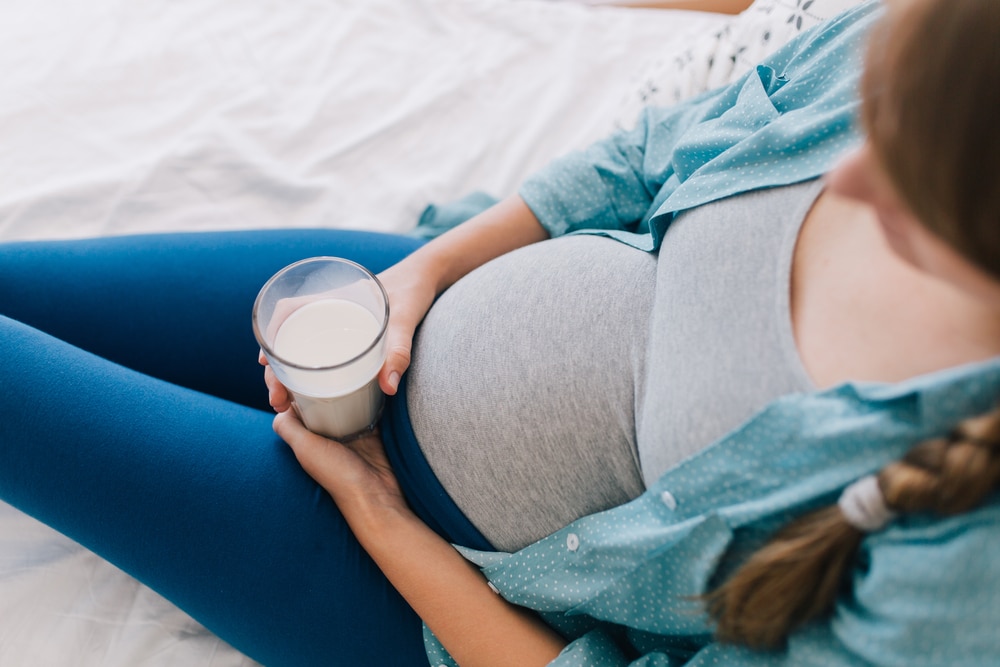
What To Eat During Pregnancy?
Eating the proper diet and keeping healthy is the best thing you can do for your baby. Proper nutrition helps you and your unborn baby during pregnancy. You have probably heard it a lot already, but it cannot be emphasized enough.
When creating your meal plan, it is best to go for whole and fresh foods that give you higher amounts of fiber, vitamins, and minerals. Your diet should contain healthy fats, protein, complex carbohydrates, and fluids.
Keep off ultra-processed foods as they contain refined carbs, added sugars, and fats. Ultra-processed foods are generally unhealthy and contain many empty calories with little to no nutritional value. These foods increase the risk of excessive weight gain and pregnancy complications ( 8 ). And you don't want this as you want to give your baby the very best.
Here are some of the foods you should include in your diet:
Dairy Products
During pregnancy, you need to consume extra calcium and protein to meet the needs of your growing baby. Dairy products such as yogurt, cheese, and milk are good sources of these nutrients.
These products are the best dietary source of calcium and contain significant zinc, phosphorus, magnesium, and B vitamins. Dairy contains two main types of protein – casein and whey. Yogurt, milk, and cheese contain high amounts of calcium.
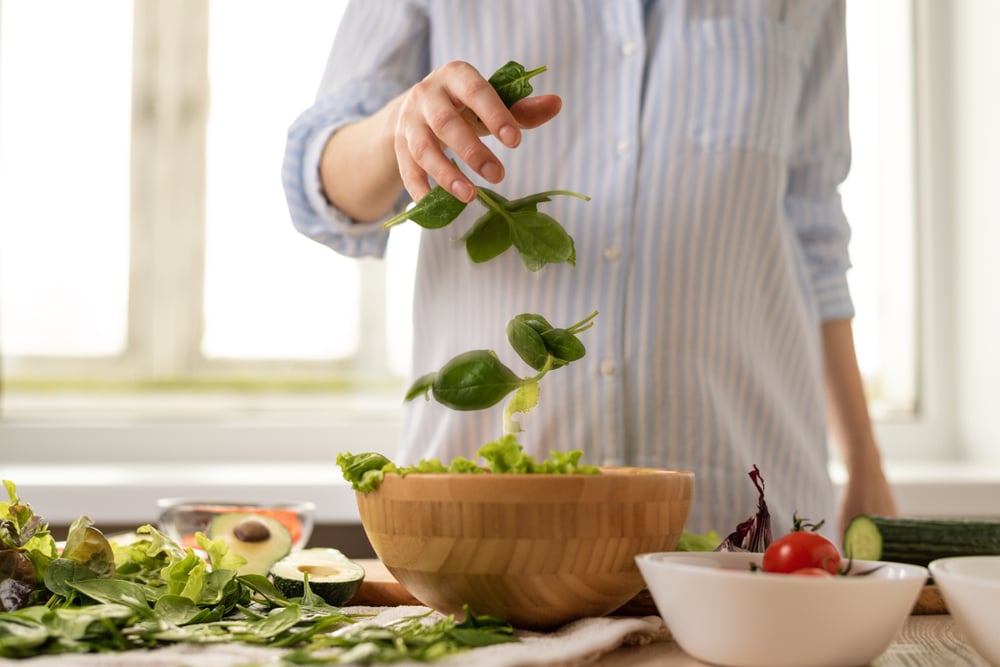
Dark, Leafy Green Vegetables
Leafy vegetables such as broccoli, spinach, and kale contain several nutrients that you need during pregnancy. You may not be a fan of them, but there are plenty of ways to get them in your diet, including making smoothies with veggies as an ingredient. You can also prepare kale chips.
These vegetables pack high amounts of fiber, iron, potassium, calcium, folate, vitamins C, K, and A ( 4 ). Eating more vegetables is a way to get more vitamins into your body. The fiber in vegetables also helps prevent constipation. Consumption of vegetables has also been linked to a reduced risk of low birth weight ( 13 ).
Legumes
Legumes include beans, peas, cowpeas, soybeans, lentils, and peanuts. They are an excellent source of plant protein, fiber, calcium, iron, and folate that are essential during pregnancy.
Folate is one of the most essential B vitamins. It's crucial for the baby as it helps develop the neural tube and helps prevent birth defects such as spina bifida and anencephaly ( 5 ). You need about 600 micrograms of folate during pregnancy, which is hard to get from food ( 11 ). However, legumes, along with supplementation recommended by your doctor, can help you achieve that. Explore various recipes like bean dips, curried bean stew, or peanut butter hummus on whole-wheat bread.
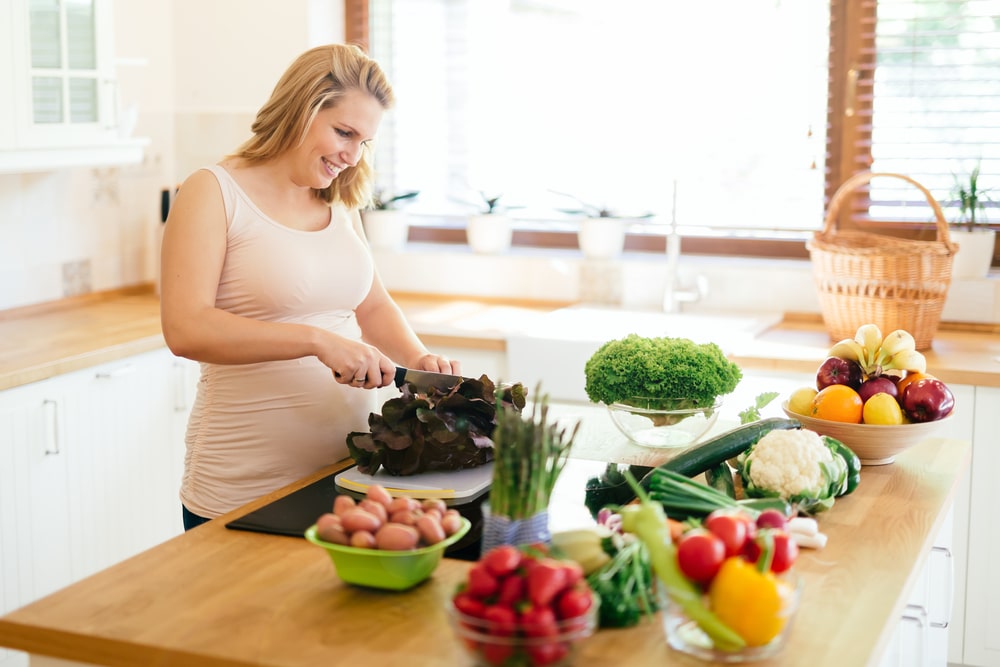
Fish
Fish such as salmon, catfish, tilapia, trout, tuna, and pollock are another great addition to the list. This fish is rich in omega-3 fatty acids, which have several benefits. They help build the brain and eyes of the baby and can increase gestational length ( 7 ).
Fish is also a great source of protein. Protein is essential for the growth of fetal tissue, including the brain. It is also crucial for maternal health as it helps the breast and uterine tissue to grow and has a role in blood supply. The recommended intake for pregnant women is at least 60 grams of protein per day, or 1.1 grams per kg of body weight ( 11 ).
Adding fish to your diet is a great way to meet this requirement. Fish also provides more vitamin B2 than any other food type. Other essential minerals found in fish include iron, iodine, zinc, and selenium. There are, however, types of fish that have high mercury contents and should be avoided during pregnancy. These include shark, marlin, swordfish, king mackerel, and bigeye tuna ( 1 ).
Yanking yourself back in shape has never been so easy with our game-changing fitness app! Start transforming your life with BetterMe!
Avocado
You could call them a super fruit if you like. Avocados are a unique fruit as they contain plenty of monounsaturated fatty acids. They are also a rich source of fiber, potassium, vitamin K, B vitamins (particularly folate), vitamin C, vitamin E, and copper ( 6 ).
The high content of folate, healthy fats, and potassium in avocados make it a great fruit to consume during pregnancy. Healthy fats help build the brain, skin, and other tissues of your unborn baby. Folate helps prevent neural tube defects and abnormalities of the spine and brain. Fiber and potassium help reduce the risk of preeclampsia and gestational hypertension ( 14 ).
Potassium may help with leg cramping, which is a common side effect of pregnancy. Surprisingly, avocados have a similar per-serving potassium content to bananas ( 6 ). Try guacamole, avocado in salads, as a spread on whole-wheat toast, or in smoothies.
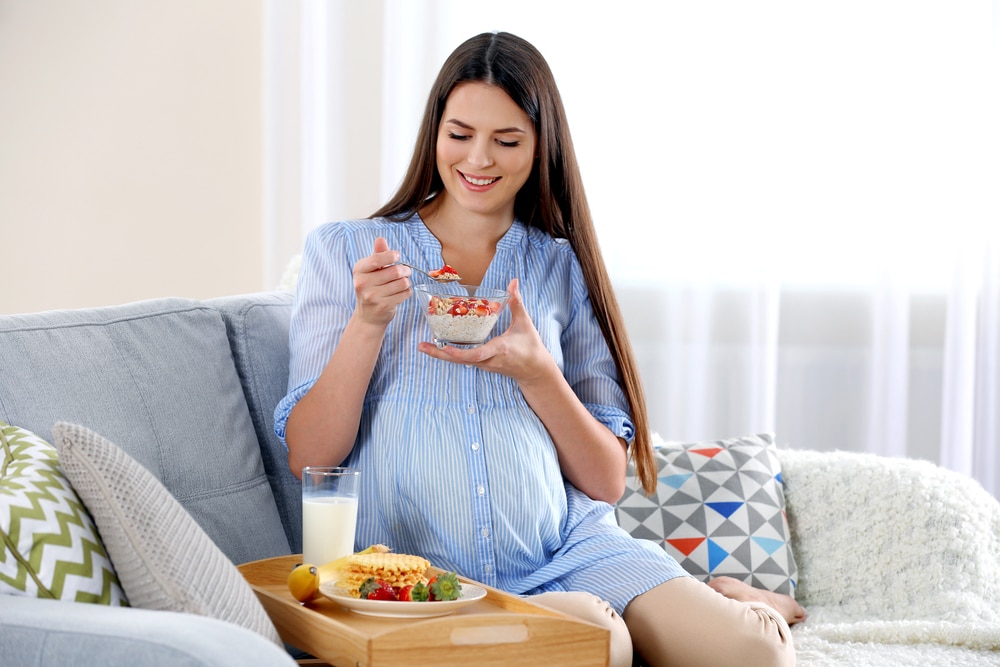
Sweet Potatoes
Sweet potatoes are delicious and can be prepared in various ways – boiled, baked, roasted, or eaten as chips. They are an excellent source of beta carotene, a compound that is converted into vitamin A ( 15 ).
Vitamin A is crucial for fetal development, including the eyes. Sweet potato is an excellent substitute for animal-based sources such as organ meats. If taken in large quantities, preformed vitamin A from supplements or organ meat such as liver can cause toxicity ( 15 ).
The fiber in sweet potatoes is also beneficial for digestive health. Fiber also helps keep you full, reduces blood glucose spikes, and helps prevent pregnancy constipation.
Eggs
Eggs are an all-time favorite. They contain a little bit of almost all the nutrients our body needs—one large egg packs about 72 calories, protein, fat, and several vitamins and minerals.
Also, eggs are a potent source of choline, a vital micronutrient during pregnancy. Choline is essential for fetal brain development and prevents the fetal brain and spine ( 2 ).
One whole egg contains about 147 milligrams of choline. The current recommended choline intake during pregnancy is about 450 mg per day, so taking a single egg helps you get closer to the recommended intake ( 3 ).
Whole Grains
Unlike refined grains, whole grains are loaded with fiber, vitamins, minerals, and complex carbohydrates. Whole grains have the germ, bran, and endosperm intact and include brown rice, oats, quinoa, buckwheat, and bulgur ( 18 ). So, stay away from white rice pasta, corn grits, and white bread.
Whole grains are essential as they provide fiber and several other nutrients such as B vitamins, iron, selenium, and magnesium ( 18 ). Some whole grains such as quinoa and oats contain some amount of protein. There are many ways to incorporate whole grains into your diet; you can try oatmeal or quinoa porridge.
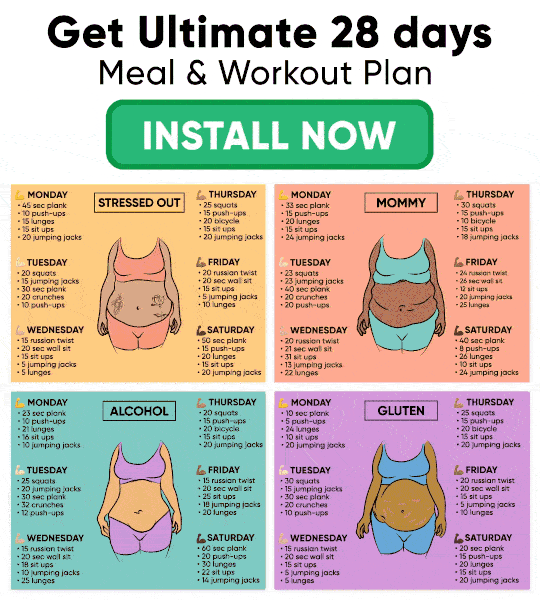
Conclusion
Calorie intake and nutrition for pregnant women are some of the biggest concerns during pregnancy. Most pregnant women remain unsure of how many calories they should consume and what their diets should consist of. The recommended daily calories for an expectant mother should be about 2,000 calories daily, and monitoring weight gain to ensure it remains within a healthy range.
Nutrient-dense whole foods are the best options for expectant mothers. The diets should be balanced to ensure they contain carbs, protein, healthy fats, vitamins, plenty of fluids, and essential minerals like iron, folate, and choline. And, remember there is no need to literally eat for two.
Do you think that a single diet plan is not enough? You're absolutely right! Take up a challenge and try this 20-min Full Body Workout At Home to get a snatched body.
DISCLAIMER:
This article is intended for general informational purposes only and does not address individual circumstances. It is not a substitute for professional advice or help and should not be relied on to make decisions of any kind. Any action you take upon the information presented in this article is strictly at your own risk and responsibility!
SOURCES:
- Advice about Eating Fish (2020, fda.gov)
- Choline: critical role during fetal development and dietary requirements in adults (pubmed.ncbi.nlm.nih.gov))
- Choline – Health Professional Fact Sheet (2021, ods.od.nih.gov)
- Dark Green Leafy Vegetables (2016, ars.usda.gov)
- Folic Acid (2021, cdc.gov)
- Hass Avocado Composition and Potential Health Effects (2013, ncbi.nlm.nih.gov)
- Impact of erythrocyte long-chain omega-3 polyunsaturated fatty acid levels in early pregnancy on birth outcomes: findings from a Belgian cohort study (2020, nature.com)
- Maternal "junk food" diet during pregnancy as a predictor of high birthweight: findings from the healthy beginnings trial (2013, pubmed.ncbi.nlm.nih.gov)
- Maternal Diet and Nutrient Requirements in Pregnancy and Breastfeeding. An Italian Consensus Document (2016, ncbi.nlm.nih.gov)
- Nutrition in Pregnancy: Optimising Maternal Diet and Fetal Adaptations to Altered Nutrient Supply (2016, ncbi.nlm.nih.gov)
- Nutrition Recommendations in Pregnancy and Lactation (2017, ncbi.nlm.nih.gov)
- Pregnancy and birth: Weight gain in pregnancy – InformedHealth.org – NCBI Bookshelf (2009, ncbi.nlm.nih.gov)
- Prepregnancy dietary patterns and risk of preterm birth and low birth weight: findings from the Australian Longitudinal Study on Women's Health (2020, academic.oup.com)
- The Role of Avocados in Maternal Diets during the Periconceptional Period, Pregnancy, and Lactation (2016, ncbi.nlm.nih.gov)
- Vitamin A and Pregnancy: A Narrative Review (2019, ncbi.nlm.nih.gov)
- Weight Gain During Pregnancy (2013, acog.org)
- Weight Gain During Pregnancy | Pregnancy | Maternal and Infant Health (2021, cdc.gov)
- Whole Grains (n.d, hsph.harvard.edu)
How Many Calories Should I Eat 6 Weeks Pregnant
Source: https://betterme.world/articles/how-many-calories-should-a-pregnant-woman-eat/